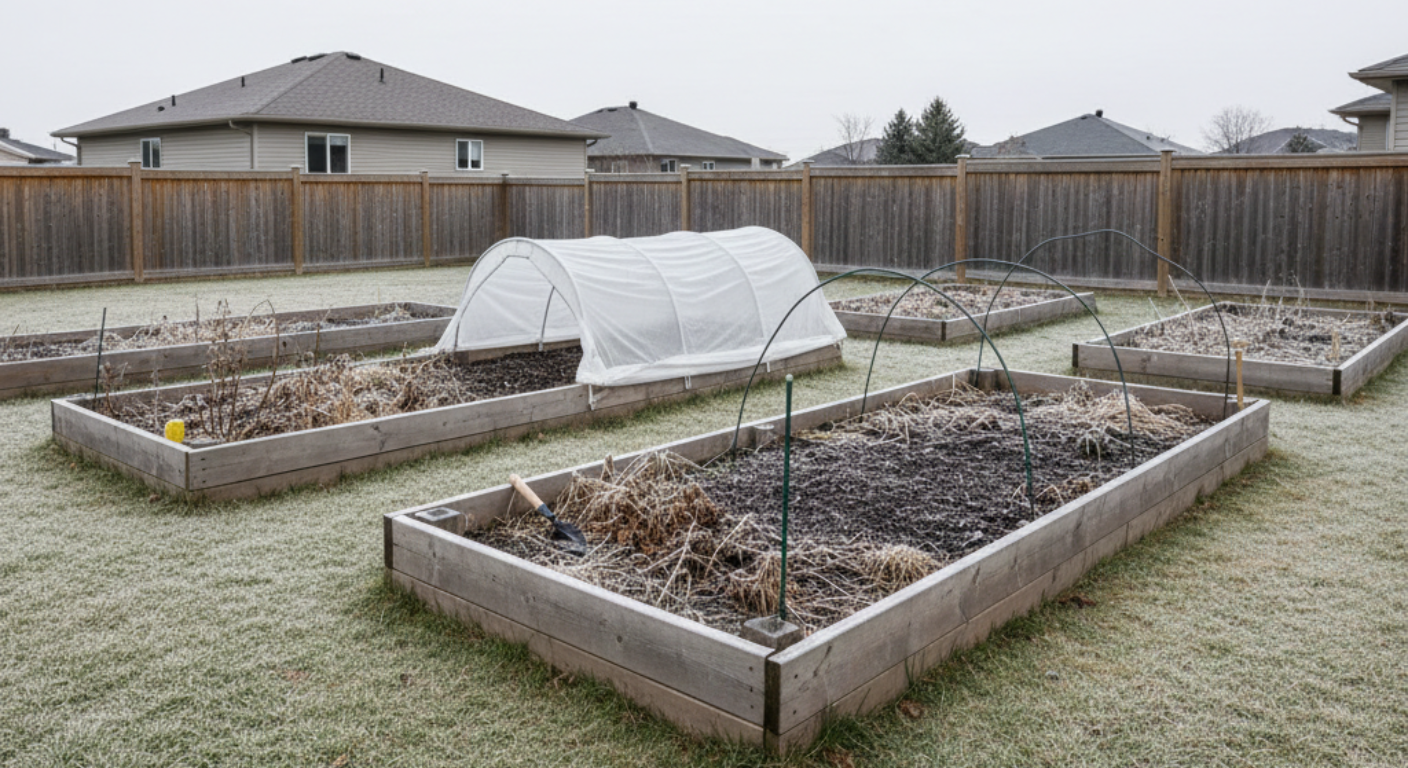As your loved one’s age, keeping their minds active and finding sources of joy becomes important for their overall well-being. Here in Canada, where nearly 18% of people are over 65, combating boredom among seniors isn’t about filling empty hours—it’s about preserving their dignity, independence, and quality of life.
Canadian winters can be long and isolating, which makes this challenge even more significant to address. Whether you’re caring for an aging parent, working with seniors, or planning for your own golden years, we’d like to share some practical and heartfelt approaches to keeping older adults engaged, connected, and full of energy.
Adopting Technology as a Connection Tool

Many seniors grew up long before smartphones and social media existed, but today’s technology offers amazing ways to stay connected and engaged.
When you give tablets, smartphones, or computers to older Canadians, you’re opening doors to video calls with distant family, online communities where they can share interests, and endless opportunities to learn new things. The trick is to be patient and supportive with your instructions, focusing on what interests them rather than overwhelming them with too many features at once.
Across Canada, you’ll find organizations, from local libraries to specialized programs like Connected Canadians, that offer tech training specifically for seniors. These sessions typically move at a comfortable pace and address the specific questions older adults might have.
The thing is, when technology serves as a bridge to existing passions, seniors are much more likely to embrace it as a tool against boredom rather than seeing it as something intimidating.
Taking Advantage of Canada’s Outdoor Opportunities

The natural beauty surrounding Canada offers real therapeutic benefits for seniors throughout the year. Even during those cold winter months, adapted outdoor activities can provide both physical exercise and a refreshed mind. In many communities, you’ll find accessible walking paths, snowshoeing programs for seniors, or indoor botanical gardens where older adults can experience nature regardless of their mobility limitations.
Have you noticed how provincial and national parks are increasingly focusing on accessibility? Many now offer specialized programs for seniors, from gentle guided nature walks to “park prescription” programs where healthcare providers actually prescribe time outdoors. These initiatives recognize the powerful impact that nature has on mental health.
Think about organizing regular outdoor trips that celebrate the seasons—maple syrup festivals in spring, lakeside picnics in summer, leaf-viewing in fall, and winter light displays. These outings give seniors something to look forward to and create rich sensory experiences that break up the monotony that often leads to boredom.
Creating Meaningful Volunteer Opportunities

When retirement comes, many people lose that sense of purpose that comes with having a job. Volunteering can be a powerful answer, allowing seniors to share their skills and wisdom while making new social connections.
Organizations like Volunteer Canada can help connect older adults with positions that respect their experience while working around any limitations they might have. These could include mentoring young entrepreneurs, providing companionship to hospital patients, helping at community gardens, or sharing cultural knowledge with newcomers to Canada.
What’s really important is finding roles that feel genuinely valuable rather than token positions—seniors can quickly tell when their contributions aren’t truly needed or appreciated.
The benefits go far beyond simply filling time on the calendar. Research consistently shows that older adults who volunteer experience better physical health, less depression, and greater satisfaction with life.
Exploring Cultural Engagement Programs

The multicultural landscape in Canada gives seniors many opportunities to stay culturally engaged. You’ll find many museums, theaters, and cultural centers offering discounted programming for seniors, from daytime concerts to specialized tours designed with older adults in mind. These programs often include help with transportation and accessibility accommodations that make participation easier.
Libraries across Canada have truly become community hubs with offerings specifically for seniors. You might find book clubs focusing on Canadian literature, screenings of classic Canadian films, and lectures on historical topics that provide intellectual stimulation in welcoming environments. Many of these programs intentionally encourage discussion and social interaction, addressing both the need for mental engagement and meaningful conversation.
For seniors from specific cultural backgrounds, connecting with their heritage can be especially valuable. Organizations serving various ethnic communities typically provide programs where older adults can share traditional skills, languages, and stories with younger generations.
Adapting Physical Activities For Continued Vitality

Staying physically active remains essential throughout life, with benefits that extend far beyond physical health to include brain function and emotional wellbeing.
Across Canada, you’ll find innovative programs that adapt traditional exercise to meet seniors’ changing needs and abilities. Chair yoga, water-based fitness classes, and modified tai chi have become increasingly popular in community centers and retirement facilities.
The ParticipACTION program and similar initiatives offer resources specifically designed to help older Canadians stay active in ways that respect their current abilities while providing appropriate challenges. You’re seeing a shift in focus from competitive achievement to celebrating movement itself—finding joy in dance, gentle stretching, or simply maintaining the mobility to continue activities independently.
Nurturing intergenerational connections

Perhaps nothing combats boredom more effectively than relationships between generations. Throughout Canada, you’ll find structured intergenerational programs that bring seniors together with younger people for mutual benefit.
These connections offer profound benefits beyond simple entertainment. The fact is, regular interaction with children and young adults helps seniors maintain mental flexibility, reduces feelings of isolation, and provides the emotional satisfaction of mentoring.
Creating these connections can be as simple as identifying shared interests between age groups. Community gardens, craft circles, local history projects, and cooking classes provide natural settings for different generations to work together.
Leveraging Canada’s Healthcare Innovations

The healthcare system in Canada recognizes that addressing boredom and social isolation goes beyond quality of life—it’s about health outcomes. Innovative programs like social prescribing, where healthcare providers connect patients with community resources instead of medications, are gaining traction across all provinces.
Telehealth services, which expanded dramatically during the pandemic, now offer seniors access to mental health support, cognitive exercises, and guided meditation from their homes. These resources can be key during those harsh winter months or for those in rural communities where transportation presents challenges. Many provincial health authorities now provide these services at no charge, recognizing their preventive value.
For seniors facing cognitive challenges, specialized programs offer stimulation tailored to their abilities. Memory cafés, music therapy sessions, and art programs designed for those with dementia provide engagement that respects dignity while offering appropriate levels of challenge.
These approaches recognize the need for activity to continue regardless of cognitive changes, and that boredom can worsen dementia symptoms. Meanwhile, appropriate stimulation can improve function and quality of life.




